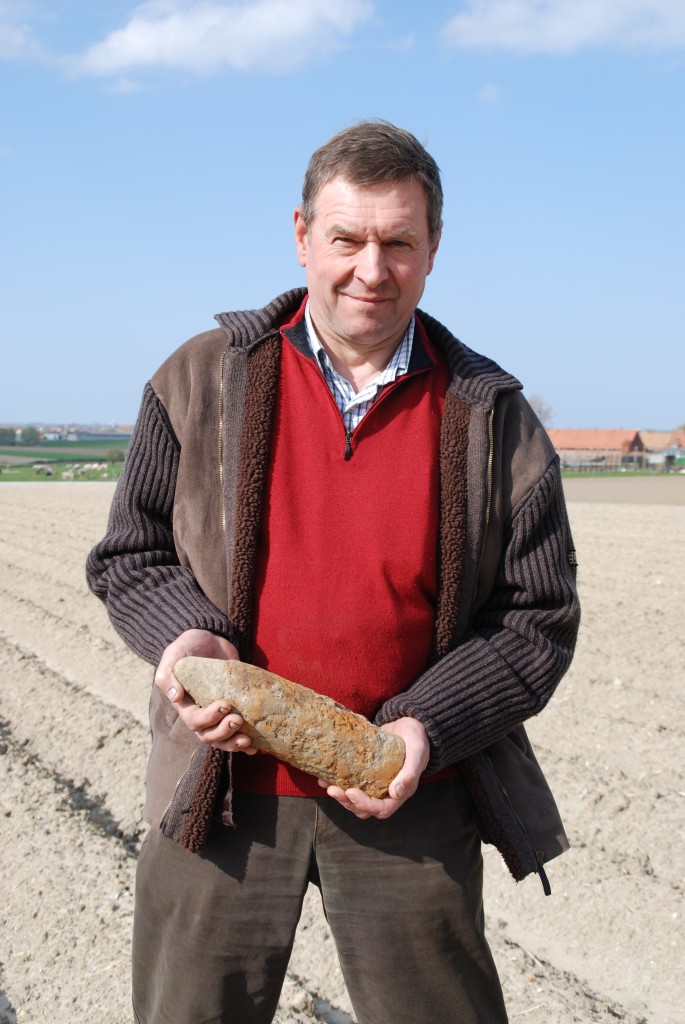Ontario grain farmers are finally getting a break. They’ve enjoyed a terrific spring, with the warm, sunny weather allowing them to plant almost all their corn unusually early. Soybeans are following nicely along. And if they get some well-timed rain, officials are predicting big boosts in yield.
Planting season in Ontario is usually a game of chance with the weather. Sometimes you win, like this year, and sometimes you don’t, like last spring which was wet, cold and miserable. Indeed, it can get downright uncomfortable. But you’d seldom call planting unsafe.
However, it’s different elsewhere. Take Passchendaele, for example, in northern Belgium, site of this year’s International Federation of Agricultural Journalists’ congress, in which I participated last month. More than 90 years ago, Passchendaele was one of the major battlegrounds of the First World War. There, as in the rest of what’s called the Westhoek, the western part of West Flanders, planting season still means being on the lookout for the most grave of pests: Long-forgotten bombs.
I write about the way Belgian farmer Luk Delva (pictured below, with a bomb he found while planting this spring) and others deal with the ever-present menace in my Urban Cowboy column in today’s Guelph Mercury.
Thanks to Karen Simon, president of the American Agricultural Editors Association, for the superb photo.



